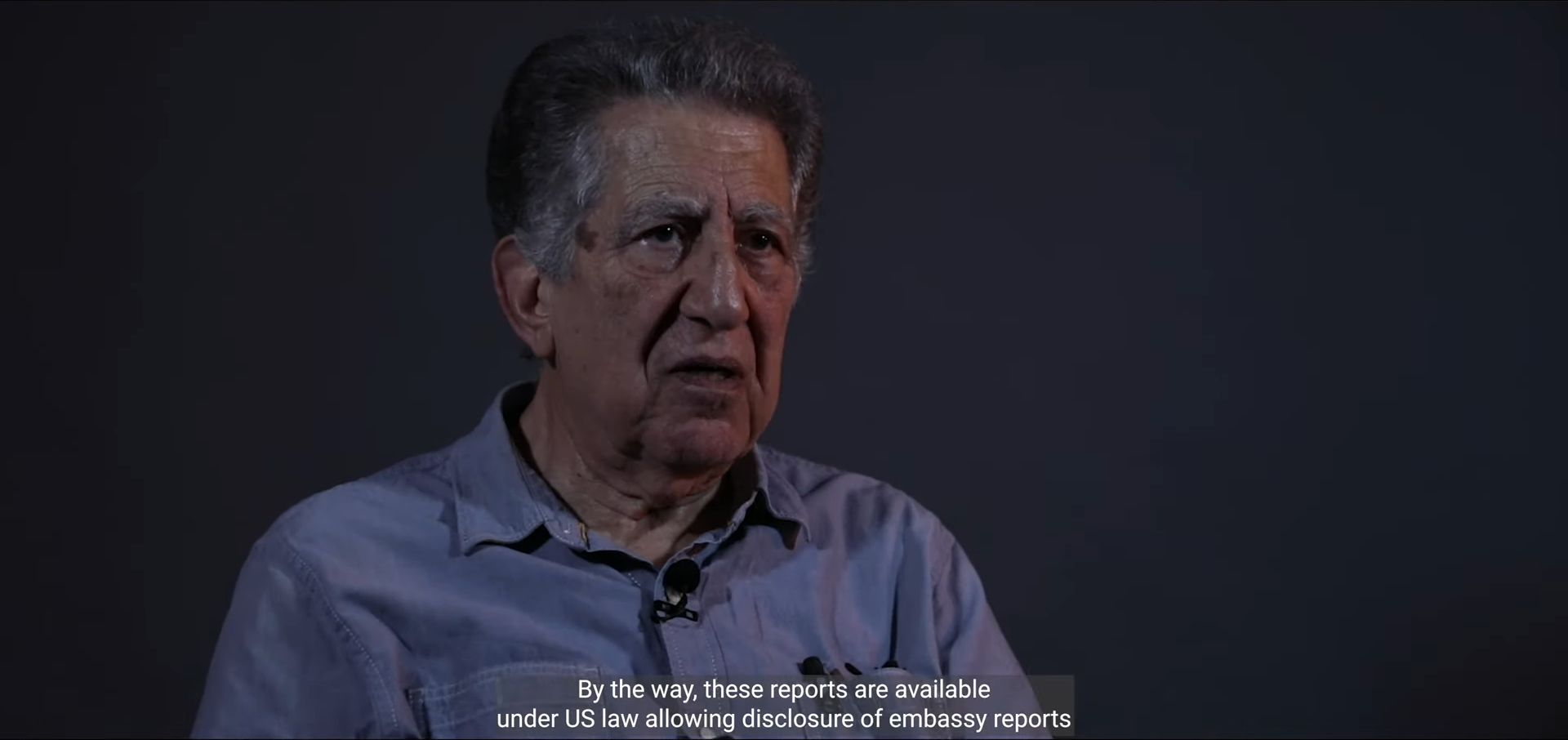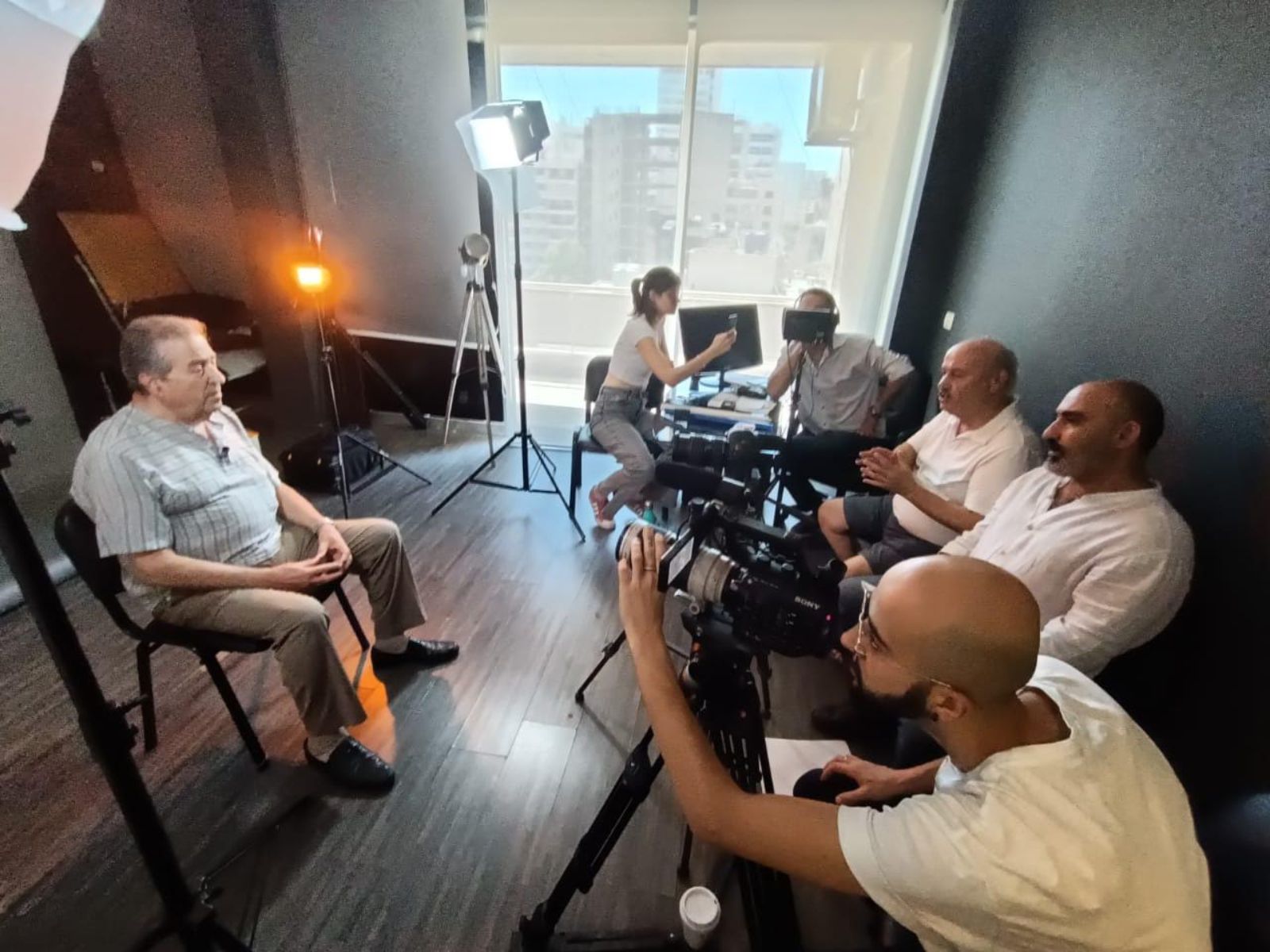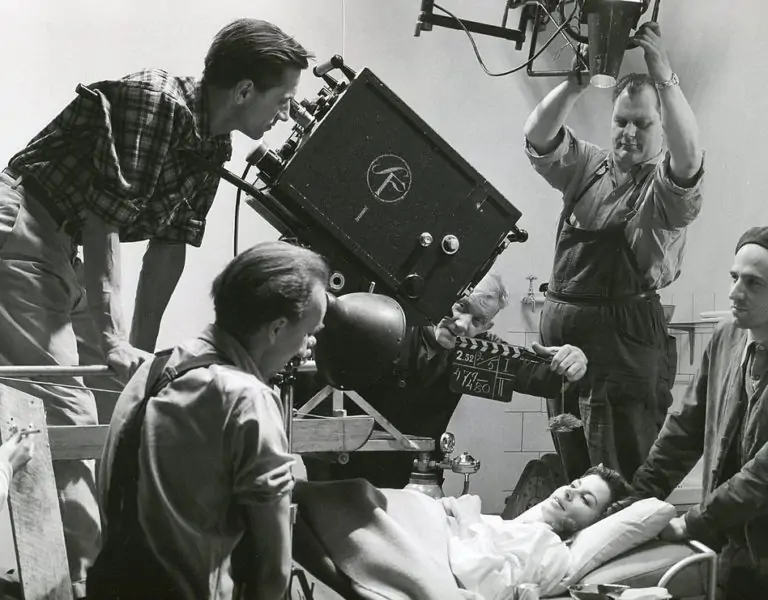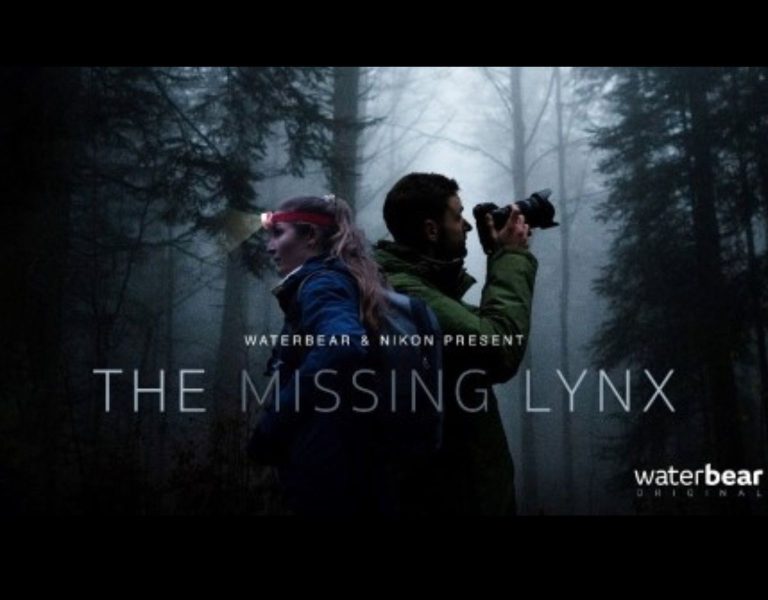Power to the people
Amidst the Middle East’s turmoil, Lebanon faces a century-old labour crisis. A hard-hitting documentary film thrusts this national issue to light, demanding immediate resolution.
Lebanon’s labour struggle, spanning nearly a century, symbolises the remarkable resilience of its workforce. From the emergence of mass unions in the 1920s to socio-economic movements in the 1990s and the 2019 uprising, Lebanese workers have steadfastly fought for their rights. This ongoing struggle mirrors the complexities of the nation’s socio-economic landscape and a powerful testament to this is found in the provocative documentary, Workers of Lebanon: Pages From A History Yet Untold.
Commissioned by NGO The Lebanese Observatory for the Rights of Workers and Employees, made by Beirut production company Colorbars and directed by Samer Murad, the film unveils the untold chapters of the continuous challenges faced by Lebanese workers. “We delve into the historical roots of union fragmentation, exacerbated by political and sectarian forces, and the enduring struggle for unity in the face of government policies,” explains production manager and producer Iyad Dirany. “Our aim was to shine a light on the intricate web of challenges faced by Lebanese workers, examining the historical interventions by authorities and external influences. We explore the discrimination policies that trace back to the early 20th century, with insights from esteemed figures such as the historian Dr. Fawwaz Traboulsi. The film goes beyond the surface, revealing the authorities’ tactics, including interference documented in US State Department records from the American embassy.”

FILMING
Dirany shot the documentary using digital technology, specifically the Canon 5D Mark IV – a decision informed by a combination of technical and creative considerations. From a technical standpoint, the digital format provided the crew with practical advantages such as cost efficiency, immediate access to footage for on-set review, and a more streamlined post-production workflow. “It’s a versatile and widely respected camera within the filmmaking community,” he explains. The full-frame sensor and advanced autofocus capabilities provided the necessary flexibility to capture a range of shots, ensuring high-quality visuals for the documentary. “The 5D Mark IV’s low-light performance was particularly advantageous for various filming conditions, enhancing our ability to capture authentic and visually compelling footage.”
When selecting lenses, covering a broad spectrum of visual styles and shooting scenarios emerged as a key consideration. “The Canon 70-200mm lens offered a telephoto range, allowing us to capture detailed shots from a distance, while the 24-105mm lens provided a versatile focal length suitable for various situations,” Dirany continues. “The 16-35mm lens allowed for wide-angle shots, contributing to the film’s immersive visual storytelling. Additionally, the 24-70mm lens offered a standard focal length for general-purpose shooting. The Canon 5D Mark IV’s compatibility with a diverse set of lenses, granted us the creative freedom needed to bring the historical narrative to life. This camera-lens combination played a crucial role in achieving the visual goals of the documentary, providing the technical foundation for capturing the essence of the workers’ unions history in Lebanon.”

OLD STORY, MODERN TECHNIQUES
Creating a historical documentary solely through interviews and archive footage poses significant challenges for filmmakers, both creatively and technically. This was precisely the case that Colorbars encountered when it began working on the film in August 2022.
“Developing a compelling and original storyline that resonates with the audience while addressing the real reasons behind fragmenting the workers’ unions demanded meticulous research and nuanced storytelling,” Dirany continues. “The film required sifting through historical footage, images, documents and facts, with one notable contribution from historian Dr. Fawwaz Traboulsi, uncovering official documents that highlighted the U.S. embassy’s interference in workers’ unions activities in Lebanon. Balancing artistic vision with the documentary’s overall message posed an ongoing challenge, emphasising the need to create meaningful content.”
Colorbars also encountered significant technical hurdles. “Keeping up with the latest technologies and industry standards was particularly critical, especially considering the challenging budget constraints associated with this specific film,” says Dirany. “The high cost of quality equipment and the demand for skilled professionals contributed to budgetary concerns. Coordinating intricate logistics during shooting, managing diverse talents, and adhering to tight schedules required meticulous planning. Post-production processes, including editing and sound design, demanded precision to achieve the desired cinematic impact. Successful navigation of these technical challenges required a combination of creativity, adaptability, and effective project management, showcasing Colorbars’ commitment to innovation and collaboration in delivering impactful stories to a Lebanese and interested global audience.”

There’s definitely an interested audience: since the film came out earlier this year, it has garnered considerable attention, especially in Lebanese media. Dirany notes that multiple economic and political news platforms extensively covered the film, actively engaging in discussions about its various components.
“The wide-reaching attention reflects the film’s impact on sparking conversations within diverse communities,” he continues. “While the feedback has generally been positive, some critics noted that the film could benefit from additional information, more interviewees, and increased depth. It’s important to acknowledge that navigating these aspects posed a significant challenge, primarily due to the limitations of our budget. Despite these constraints, the team worked diligently to present a comprehensive exploration of the history of workers’ unions in Lebanon. The constructive criticism provided valuable insights for future projects, and the film’s ability to generate discussions underscores its relevance to the socio-political landscape.”
Workers of Lebanon: Pages From A History Yet Untold is available on YouTube.
Words: Bob Shepherd













